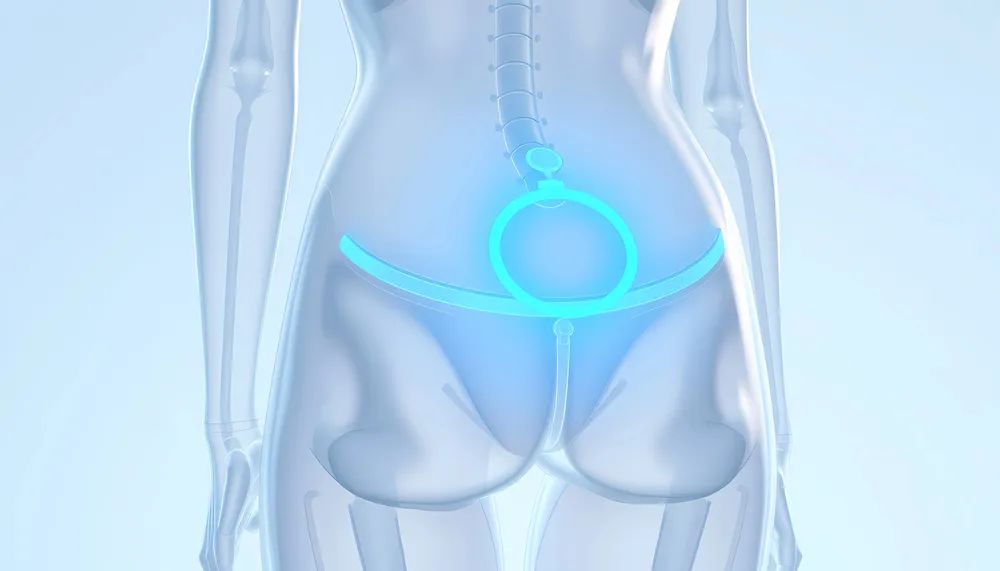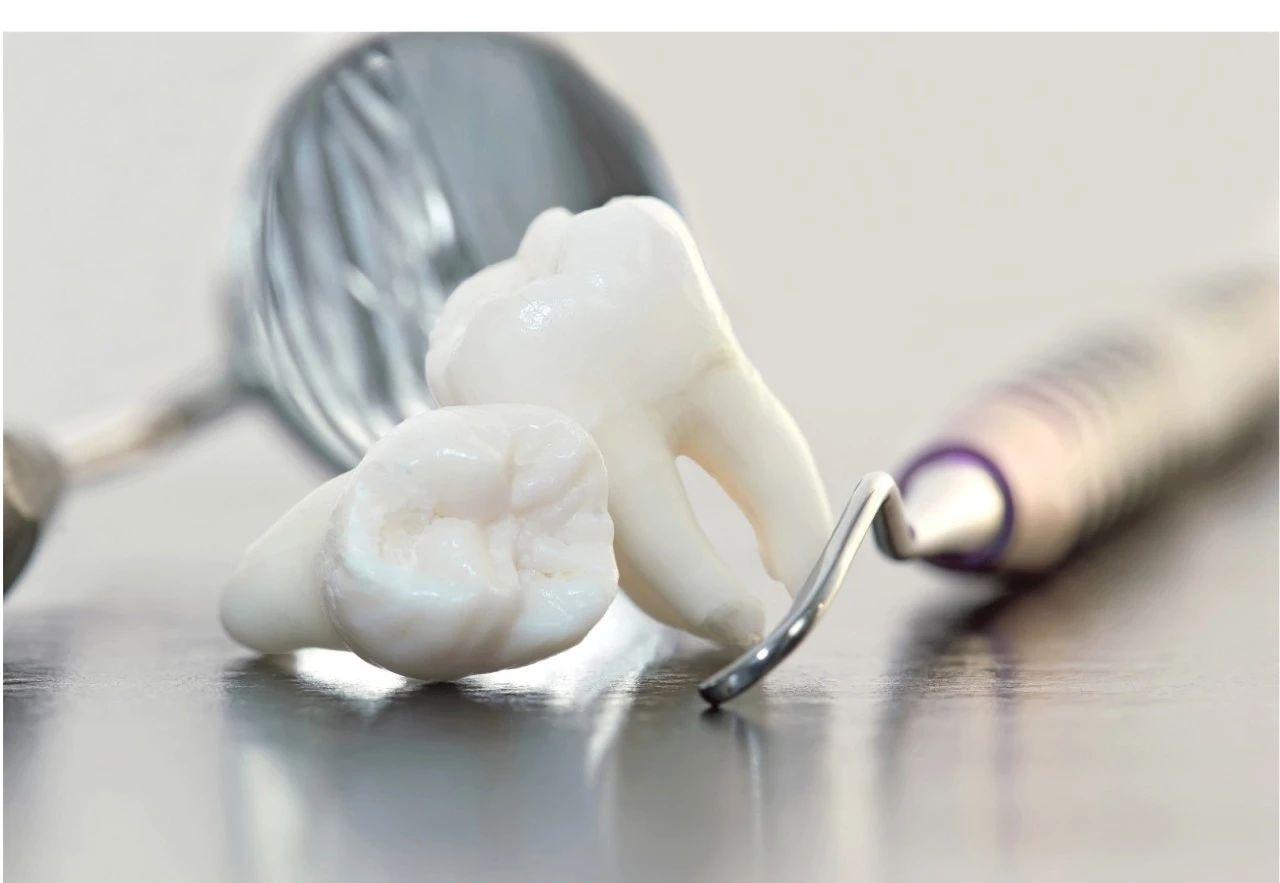Truth about dangers of Diet Soda to your health
2021-04-22

Diet sodas were first introduced in the 1950's for people with diabetes, though they were later marketed to people trying to control their weight or reduce their sugar intake.
Diet soda is essentially a mixture of carbonated water, artificial or natural sweetener, colors, flavors, and other food additives. However, despite being free of sugar and calories, the health effects of diet drinks and artificial sweeteners are controversial. While recipes differ from brand to brand, some common ingredients in diet soda include:
Carbonated water
While sparkling water can occur in nature, most sodas are made by dissolving carbon dioxide into water under pressure.
Sweeteners
These include common artificial sweeteners, such as aspartame, saccharin, sucralose, or an herbal sweetener like stevia, which are 200–13,000 times sweeter than regular sugar.
Acids
Certain acids, such as citric, malic, and phosphoric acid, are used to add tartness to soda drinks. They’re also linked to tooth enamel erosion.
Colors
The most commonly used colors are carotenoids, anthocyanins, and caramels (4).
Flavors
Many different kinds of natural or artificial flavors are used in diet soda.
Preservatives
These help diet sodas last longer on the supermarket shelf. A commonly used preservative is potassium benzoate.
Caffeine
Just like regular soda, many diet sodas contain caffeine. For example, a can of Diet Coke contains 46 mg of caffeine, while Diet Pepsi contains 35 mg.
Direct impacts
A growing body of evidence suggests that diet soda consumption correlates with an increased risk of a wide range of medical conditions, notably:
Heart conditions - such as heart attack and high blood pressure. A review of four studies including 227,254 people observed that for each serving of artificially sweetened beverage per day, there is a 9% increased risk of high blood pressure. Other studies have found similar results (1).
Metabolic issues - including diabetes and obesity. Research has found that just one serving of an artificially sweetened drink per day is associated with an 8–13% higher risk of type 2 diabetes (2).
Pregnancy complications - Drinking diet soda while pregnant has been linked to some negative outcomes, including preterm delivery and childhood obesity. A Danish study in almost 60,000 women found that women who consumed one serving of diet soda per day were 1.4 times more likely to deliver preterm than those who did not (3). Another study found that the daily consumption of diet drinks during pregnancy doubled the risk of a baby being overweight at 1 year of age (4).
Liver problems - which include nonalcoholic fatty liver disease diet soda per week had nearly double the risk of developing kidney disease (5).
Increased risk of kidney disease - Compared with those who consumed less than one glass per week, people who drank more than seven glasses of diet soda per week had nearly double the risk of developing kidney disease (6).
Changes to the gut microbiome - Artificial sweeteners may alter the gut flora, leading to reduced blood sugar control and potentially increasing the risk of type 2 diabetes. One study found all of the six tested artificial sweeteners damaged the gut microbiome in various ways. (7)
Increased risk of osteoporosis - Diet and regular cola is associated with bone mineral density loss in women, but not in men. The caffeine and phosphorus in cola might interfere with normal calcium absorption (8).
Tooth decay - Like regular soda, diet soda is associated with dental erosion due to its acidic pH level. This comes from the addition of acids, such as malic, citric, or phosphoric acid, for flavor (9)
Indirect impacts
In addition to their direct impact on various organs and system in our bodies, diet sodas may also undermine health by changing our choices, behavior and habits. For instance, diet soda may increase appetite by stimulating hunger hormones, altering sweet taste receptors, and triggering dopamine responses in the brain.
Furthermore, a 2012 study suggests that diet soda may change how the brain responds to sweet flavors by affecting dopamine, a neurotransmitter that plays a role in pleasure, motivation, and reward. As a result frequently drinking diet soda might cause a person to crave more sweets, including both sweet snacks and more soda which leads to a generally poorer diet with increased amounts of chemicals in form of additives, colorings, flavorings and other elements that result in increase risks to our vital organs and systems.
The Bottom-line
Diet soda does not add any nutritional value to your diet. So, if you’re looking to replace regular soda in your diet, other options may be better than diet soda. Next time, try an alternative like milk, coffee, black or herbal tea, or fruit-infused water. You will be happier and healthier as a result.
For more information or to make an appointment with a Dietitian, please contact us at 400.819.6622.
Article contributed by Fariba Sabet-Sharghi, Dietitian at ParkwayHealth.
References:
1. Prospective association of sugar-sweetened and artificially sweetened beverage intake with risk of hypertension, Youngyo Kim and Youjin Je, Epub 2016 Jan 19
2. Association between sugar-sweetened and artificially sweetened soft drinks and type 2 diabetes: systematic review and dose-response meta-analysis of prospective studies
D C Greenwood et.al, Br J Nutr, 2014 Sep 14;112(5):725-34.
3. Intake of artificially sweetened soft drinks and risk of preterm delivery: a prospective cohort study in 59,334 Danish pregnant women, Thorhallur I Halldorsson et.al., Am J Clin Nutr. 2010 Sep;92(3):626-33. .
4. Association Between Artificially Sweetened Beverage Consumption During Pregnancy and Infant Body Mass Index, Meghan B Azad et.al., JAMA Pediat.. 2016 Jul 1;170(7):662-70.
5. Sugar-sweetened beverage, diet soda, and fatty liver disease in the Framingham Heart Study cohort, Jiantao Ma, et. Al., J. Hepatology, 63, Issue 2, August 2015, Pages 462-469
6. Diet Soda Consumption and Risk of Incident End Stage Renal Disease, Casey M Rebholz et.al., Clin J Am Soc Nephrol. . 2017 Jan 6;12(1):79-86.
7. Reshaping the gut microbiota: Impact of low-calorie sweeteners and the link to insulin resistance? Jodi E Nettleton, et.al., Physiol Behav. 2016 Oct 1;164(Pt B):488-493.
8. Non-caloric artificial sweeteners and the microbiome: findings and challenges, Jotham Suez et. Al., Gut Microbes, 2015;6(2):149-55
Is diet soda a healthy choice? Mary Ann Yantis and Kate Hunte, Nursing, 2010 Nov;40(11):67.





























